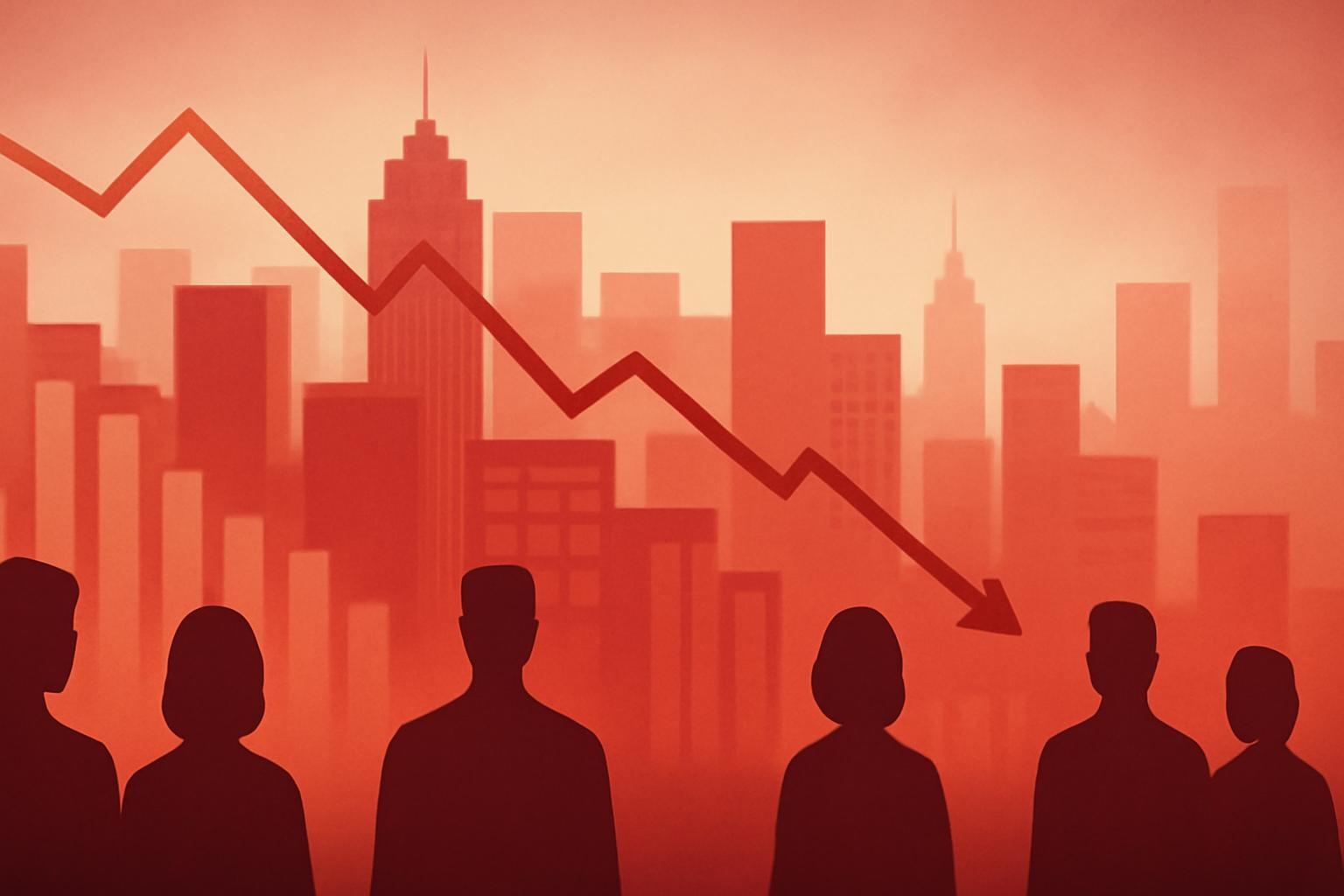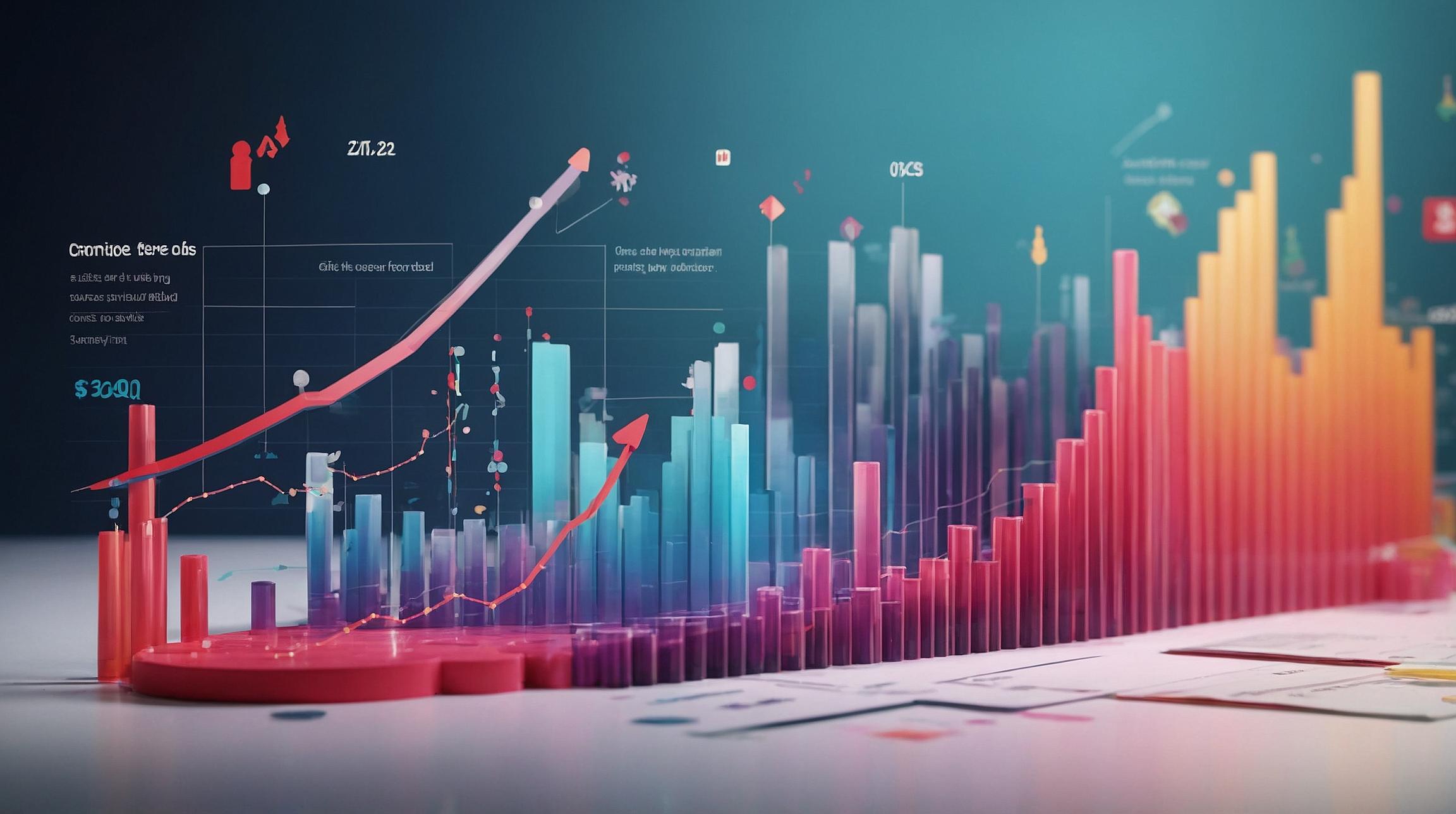China’s Economic Growth Slows in August as Retail and Industrial Output Miss Estimates
China’s economic momentum weakened further in August, with key indicators undershooting market expectations amid ongoing challenges in domestic demand and a deteriorating real estate sector. Data released by the National Bureau of Statistics (NBS) on Monday highlighted a broad-based slowdown in retail sales, industrial production, and fixed-asset investment.
Retail Sales Growth Disappoints
Retail sales rose 3.4% year-on-year in August, falling short of the 3.9% growth forecast by analysts surveyed by Reuters and easing from July’s 3.7% increase. The softer consumer spending reflects subdued domestic demand, a critical driver of China’s economic activity.
Industrial Output Weakens
Industrial production expanded by 5.2% in August compared to the previous year, marking the slowest pace since August 2024 and missing expectations for growth to remain steady at 5.7%. This slowdown comes amid Beijing’s intensified efforts to reduce industrial overcapacity, which has constrained output in key sectors.
Investment Growth Slows Sharply
Fixed-asset investment, measured on a year-to-date basis through August, grew just 0.5%, a significant deceleration from the 1.6% growth recorded in the January to July period and below the 1.4% forecast. Within this segment, real estate investment continued to contract sharply, plunging 12.9% over the first eight months of the year, underscoring the deepening slump in the property market.
Rising Unemployment and Policy Outlook
The urban unemployment rate in August edged up to 5.3% from 5.2% in July. The NBS attributed the increase primarily to the seasonal influx of new graduates entering the labor force. The bureau cautioned that China’s economic development faces multiple risks and uncertainties amid a challenging external environment.
In response, the government emphasized the need to fully implement macroeconomic policies aimed at stabilizing employment, supporting businesses, and maintaining market confidence. It called for deeper reforms, continued opening-up, and innovation to foster sustainable and healthy growth.
This report is developing. Further updates will be provided as more information becomes available.
FinOracleAI — Market View
China’s August economic data indicate a broad-based slowdown, driven by weak consumer spending, subdued industrial output, and a pronounced real estate downturn. These factors collectively increase near-term downside risks for growth and may dampen investor sentiment toward Chinese equities and related markets.
Key risks include prolonged real estate sector weakness and external uncertainties. Policymakers’ commitment to stabilizing employment and market expectations will be critical to watch in upcoming data releases.
Impact: negative













